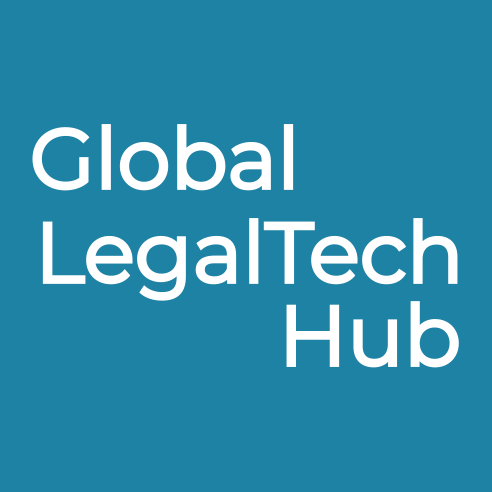Carlos Fernández: “Legal tech is not about rethinking, but improving”
- Nov 24, 2024
- 3 min read
Updated: Nov 26, 2024
By Pablo Yannone Sancho, Journalist at GLTH

If you have ever come across Carlos, you must know he is a person that always keeps moving. From congress to congress, from piece of news to piece of news. As a jurist specialized in information law and technology, he enjoys informing “other professionals about the links between law and technology.” A profile that aligns very well with our global hub. Indeed, he felt very excited to join us, and he could not refuse the invitation that Albert Ferré sent him one year ago.
How is AI improving the legal sector?
For Carlos, legaltech is just a “name given to a tech sector,” which involves a “large set of applications” that are “transforming the legal sector in a natural way, as the Internet did in the past, or so did the email.” He underlined that “natural way” by stating that the main goal is “to improve the legal work.” “The legal work doesn't essentially change,” he claims. “Legal tech is not about rethinking, but improving.” So… How is AI improving the legal sector?
“Artificial Intelligence is a very complex technology involving data, involving algorithms, involving goals, involving knowledge,” says Carlos. “The legal sector needs to know that if you want to use Artificial Intelligence, first of all, you need a large set of data, and this is not an easy requirement for many law firms”.
Carlos highlights other requirements provided by the California Bar Association, which concern “data quality, data accuracy, data privacy, and, of course, transparency rules with the users, with the client and with the courts.”
“So having said that,” follows Carlos, “Artificial Intelligence as a service, which I do believe is the most likely way to get Artificial Intelligence in the legal sector, can help, especially those tools based on legal language models or a generative AI, to draft or write, or to extract and identify important points as from large sets of data.”
Some recommendations
With this aim, Carlos recommends having a good data management system: “Not just for Artificial Intelligence, which is important, but primarily to get a good management system for the law firm and then design the strategy. Not only the legal strategy but the business strategy of the law firm.”
Besides, expectations must be reduced, and technology must always be seen as an “improver.” “I think that technology will always be, or should always be, a facilitator, not a goal in itself, but a tool for human work.”
Questions about the future are always emerging for Carlos: Will AI hype reduce? What interesting new AI-based applications are waiting for us, lying over a design table? And what new applications will lawyers find? Will they increase collaboration with technologists?
We all are still waiting for those answers, answers that can be approached, always, by talking and getting to know each other. Probably, that's why Carlos suggests joining the GLTH. “You can find a large global set of professionals interested and focused on the technology aspects of legal work, which is a very, very interesting field and a non-stopping one. So, join us if you want to be part of that community.”
Also, Carlos would like to tell something to everyone who is reading this -hi there lawyers, non-lawyers, technologists, non-technologists-: “Think of technology as a tool, but don't forget that law is always a human work and a human mission.” And to his younger self, hypothetically in front of him, he would encourage, “Always study more, improve your English, and then after you improve your English, study more.”
A piece of Carlos' free time
If he is not at legal tech events, you could come across him on the beaches of Huelva, more specifically in Puerta Umbría, where he always tries to return to enjoy its “white sand” and “bright light.” I just can imagine him, sitting there and thinking about how “travel to the future just to see where the man is capable of arriving.”
You could also find him sitting in a café in Paris, maybe reading some of his favorite books: Steve Jobs, by Walter Isaacson, “a very good review of how you can develop good innovation,” or Creativity Inc., by Edwin Catmull, which is “a wonderful journey around the real process of innovation.”
Regarding his passion and permanent search for new things, Carlos says that “every day you should strive for the things you believe are important.” Movement also has something to do with progression: “The key is to make progress every day, even if you are not perfect, because perfection is a very tricky goal”, he concludes.
Chief Editor, LA LEY
